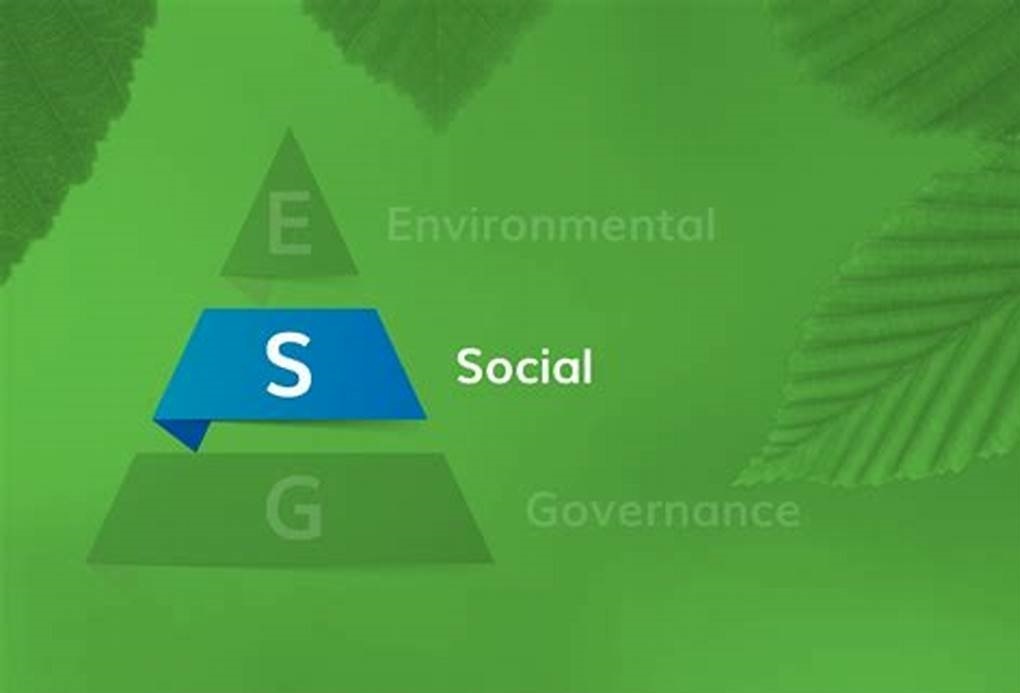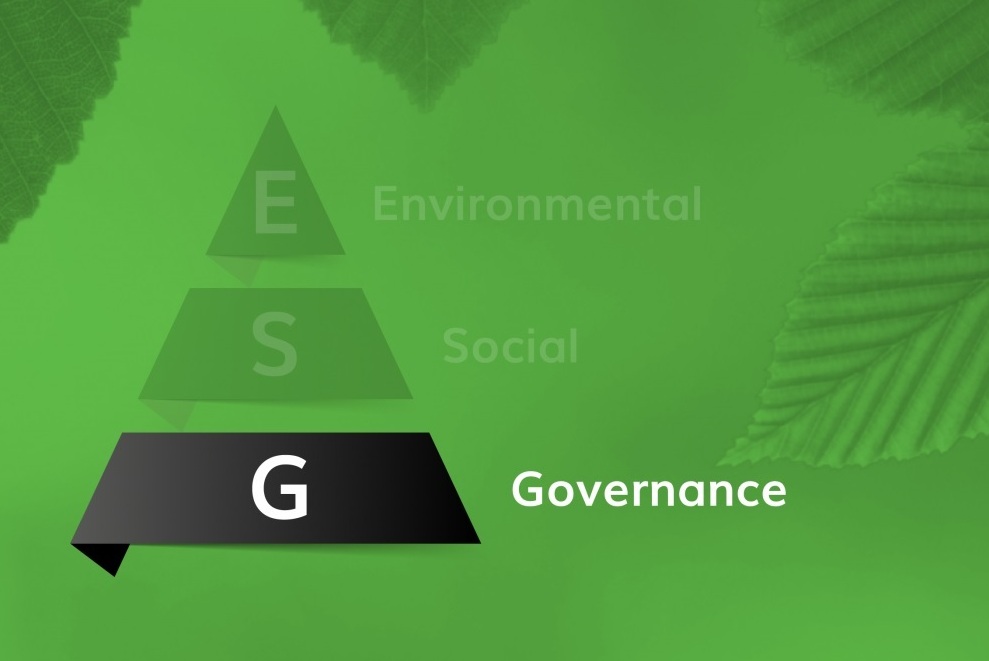In recent years, the acronym ESG has become increasingly prevalent in any news about corporate sustainability and responsible investing. ESG stands for Environmental (E), Social (S), and Governance (G)- three factors that investors use to measure the sustainability and societal impact of a company to evaluate its investment potential.
While the environmental and governance aspects of ESG are widely discussed, the social factor is often less understood. It is also a reason why many companies that are ESG-rated are lowly rated on the social scale. For example, in CRISIL’s ESG ratings for 2022, HDFC Ltd’s score on the Social factor was 61, low compared to its score on the Environmental and Governance factors, which were 70 and 80 respectively.
What Does the Social Factor Mean?
Within ESG, the Socialfactor refers to a company’s commitment to operate in a manner that addresses various social issues both within and outside the organisation. Therefore, it takes into account the company’s relationship with its various stakeholders, including employees, customers, and the community at large. This would include aspects like whether or not its labour practices are fair and whether it promotes Diversity, Equity, and Inclusion (DE&I) within its workforce. Additionally, the company is evaluated in terms of its engagement with the communitywithin which it operates, which includesbut is not limited to philanthropic initiatives.
In terms of consumers, the social factor includes the value a company’s product may create among its customersin terms of satisfaction and safety.
Here are some key points about the social aspect of ESG:
Well-Being of Employees: The Social factor focuses heavily on the well-being of an organisation’s employees. It is based on the deduction that companies that prioritise the well-being of their employees tend to have higher productivity, lower turnover rates, and better overall performance. Basically, when employees feel valued and supported, they work more efficiently, stick around longer, and contribute positively to the company. This is possible only through socially responsible practices like offering fair wages, ensuring safe working conditions, and investing in an employee’smental as well as intellectual development.
Relationship with the community: A company’s social score is impacted hugely by the efforts it takes to add value and build a good relationship with its immediate community. When companies engage positively with local communities, it boosts their reputation and makes them more trustworthy. Getting involved in community activities, helping out with charities, and supporting local projects are some ways in which companies can contribute to the social factor of ESG.
Diversity, Equity, and Inclusion: Diversity and inclusion are emerging as increasingly important social factors that are crucial for companies to maintain a positive ESG score. Beyond that, by having DE&I as a factor in their recruitment policies, organisations can ensure that they have people from different backgrounds, thus encouraging holistic and innovative solutions. This also means that organisations can reach out to a wider set of consumers by tapping into different community members within the workforce. Plus, diverse teams make better decisions because they consider a wider range of perspectives.
Human Rights: Human rights isanother important benchmark of social considerations for organisations. Organisations around the world are increasingly being scrutinised for their impact on human rights, especially in places where people might be at risk. This means keeping a check on their complex supply chainsto ensure that they are notlinked to any unethical action.If a clothing company finds out that one of its suppliers is using child labour to make their clothes, itwould have to take action to stop it. Or, if a tech company’s products are being made in a factory where workers are treated poorly and are underpaid for their labour, they should show considerable proof of having taken action.
Consumer Trust: Social responsibility definitely influences consumer trust in companies. Organisations that transparently address social issues gain credibility and loyalty from their customers.It is vital for companies to build trust among their consumers because it is what keeps the latter loyal to their products or services. When companies show that they care about social issues and are open about how they are dealing with them, it builds trust with their customers. For example, many food startups around the world companies have taken to publishing information about where they source their ingredients to ensure a sense of transparency and trust with their customers.
Data Privacy: With the increasing digitisation of business operations, safeguarding data privacy and cybersecurity has become paramount. Companies are closely scrutinised for their ability to responsibly manage and protect the personal data of their employees, customers, and other stakeholders to prevent data breaches and unauthorised access. Therefore, following data privacy regulations and implementing cybersecurity best practices have become essential components of social responsibility in the digital age.
What are the specific Social Disclosures Required for ESG Ratings
|
Social Factor
|
What Should be Disclosed?
|
|
DE&I
|
- Data on workforce diversity like gender, race, ethnicity, age, and other factors.
- Initiatives to promote an inclusive workplace environment.
|
|
Labour Practices
|
- Policies related to employee rights, working conditions, implementation of fair labour standards, wages, and benefits.
- Also includes actions to prevent discrimination, harassment, and child labour practices even in its supply chains.
|
|
Employee Surveys
|
- Data on employee engagement surveys, job satisfaction, retention rates, and efforts to support employee mental and intellectual well-being.
|
|
Workplace Health
|
- Data on workplace health and safety measures, safety training programs, health insurance plans, etc.
|
|
CSR and Partnerships
|
- Data about community engagementsincluding philanthropic activities, CSR programs, and partnerships with NGOs.
|
|
Safety of Products
|
- Includes data on the safety of its products, compliance with safety standards and regulations, and resolution of customer complaints.
|
|
Supply Chain
|
- Information on labour practices, ethical sourcing, and efforts to address issues such as forced labour and modern slavery.
|
What are the Challenges in Implementing the Social Factor?
Implementing the ‘S’ in ESG can be complex due to the following challenges:
- Quantitative Measures: Data related to employee satisfaction, community impact, and diversity can vary significantly and can be subjective. Therefore, unlike environmental factors which often have clear metrics, social factors are harder to capture and report.
- Data Availability: Reliable data on social performance is often lacking. Unlike financial data, social data may not be readily available or standardised. Companies may need to gather data from various sources, including surveys, interviews, and third-party assessments, which can be time-consuming and costly.
- Balancing the E of ESG with the S: Sometimes, when an organisation achieves environmental goals, it may adversely impact its employees. For example, if an organisation decides to close a business that may be detrimental to the environment, it may affect employment opportunities in the community it supports. This makes it all the more important for organisations to evaluate their trade-offs carefully before implementing policies that may benefit one set of goals.
What are the E and G in Sustainability
As we just saw in the above example of balancing the ‘E’ of ESG with ‘S’, the conversation around the social factor of ESG is incomplete without understanding what the environmental and Governance factors mean to an organisation and how they impact its policies.
Environmental (E): The ‘E’ in ESG pertains to the environmental impact of a company’s operations and activities. It includes factors like climate change mitigation, responsible resource management, conservation of biodiversity, and pollution prevention. Companies with good environmental practices try to reduce pollution, use resources wisely, and implement policies to protect the ecosystems from which they avail their resources. This means they might use renewable energy like solar or wind power instead of fossil fuels, or they might recycle more of their waste. Some companies also work to lower their carbon footprint by producing fewer greenhouse gases.
Governance (G): Governance, represented by the ‘G’ in ESG, focuses on the structures and practices that govern how a company is managed and controlled. This includes factors such as corporate ethics, diversity within the board, compensation of executives, fair compensation policies for employees, shareholder rights, etc. Good governance ensures transparency, accountability, and ethical decision-making within organisations, which may lead to creating a sense of trust and long-term value for their stakeholders.
















.jpg)


